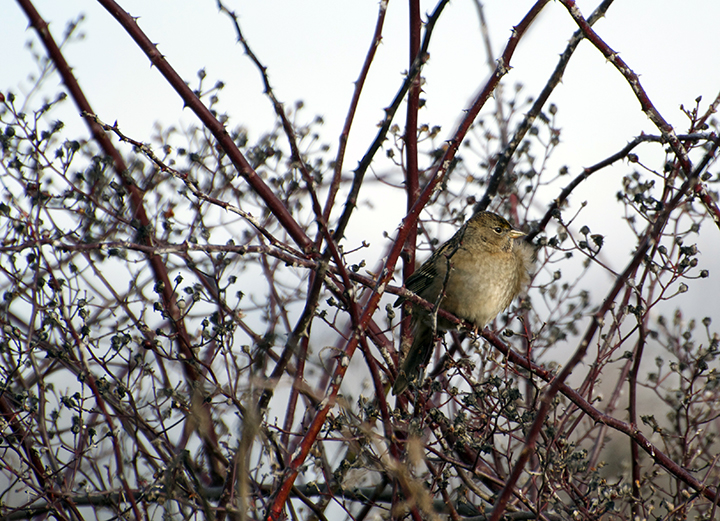Post-pandrial torpor, I think it’s called. That state when your brain has taken a leave of absence because the masses of Thanksgiving food require all the available blood supply for digestion. I did not even have to look that up, mind you, such is the familiarity of the experience of eating too much…
I did, however, peek into the always open dictionary to find some words associated with birds given a) the absence of brain function and b) the fact that I had a magical afternoon last week photographing all kinds of avians.
Here goes, then, all words that originate with birds.

Carnard: a false or ungrounded report.
Canard refers to a duck in French (as in French dishes like confit de canard), via the Old French quanart, meaning “drake.” The connection to rumor and untruth follows a route of creative phrasing. A 16th-century French idiom was vendre des canards à moitié—literally, “to half-sell ducks,” but used as a colorful way of saying “to fool” or “to cheat.” No one really knows how one half-sells a duck, or where the idiom originated, but the expression was perpetuated enough for canard to carry the meaning of something commonly accepted as true that is actually unfounded.
It is a canard that I ate an entire cherry pie on Thursday. Not for lack of trying, however.


Auspicious: “promising success” or “favorable.”
In Latin, auspex means “bird seer,” formed from the noun avis (“bird”) and the verb specere (“to look”). In ancient Rome, these “bird seers” were priests, or augurs, who based their prophecies on the flight and feeding patterns of birds.
Well, your bird seer just hikes around Sauvie Island, camera in hand, with a prophecy that you’ll favor what she saw.



Volatile: “characterized by quick or unexpected changes.”
Four centuries ago, volatile was used as a noun, a general term referring to birds or other flying creatures (such as butterflies). Related to the Latin volare, to fly.
Fly they did – so many, in such compact flocks, the sky filled with the noise of wings flapping and birds shouting. My kind of music.

Musket: a muzzle-loading shoulder firearm used primarily in the era before rifles.
Less well known, however, is that the word musket can also refer to a male sparrow hawk. This is consistent with the word’s etymology: musket derives from the Old Italian moschetto (meaning either “small artillery piece” or “sparrow hawk”), which is a diminutive of the noun mosca, meaning “fly.
Here’s your hawk.

Halcyon: “calm or peaceful.” In ancient times, the word referred to a bird now identified with the kingfisher.
In Greek myth, Alkyone, the daughter of Aeolus, the god of the winds, became so distraught when she learned that her husband, Ceyx, had been killed in a shipwreck that she threw herself into the sea and was changed into a kingfisher, later named alkyon or halkyon.
Well, I did not capture a king fisher, this time around. But I always feel calm and peaceful when my patience is rewarded with capturing these little sparrows in the black berry brambles. They hop and flutter fast, but if I stand quietly enough for long enough, I’m able to connect with the camera.



And I got a good laugh out of the Merriam Webster example:
Remember the halcyon days of Facebook, when no one was concerned with who might peep their drunken pictures and angsty missives, and discussions of privacy settings were met with a mix of dismissiveness and apathy?
— Jessica Roy, BetaBeat, 3 May 2012
Let’s start the week with some Halycon Days by Purcell….






Gordon caron
Dear Friderike
I love your essays. Have you thought of submitting them to the New Yorker?
Best wishes,
Gordon
Sam Blair
Love the bird images! Very timely, as I saw an incredible documentary last night sponsored by Portland Audubon, about the Philippine Eagle. It’s the most majestic bird I’ve ever seen, standing 3 feet tall! That’s like higher than your waist, yes! But their habitat is being logged off, and there are only about 100 left. So, your bird pictures are a wonderful reminder that we are their guardians, with their fragile future in our hands. Nicely done, Friderike.
PS I did sign up.
Dave Schaerer
Friderike – I’m not sure what I liked best – your words or your birds! Another terrific post on your part.